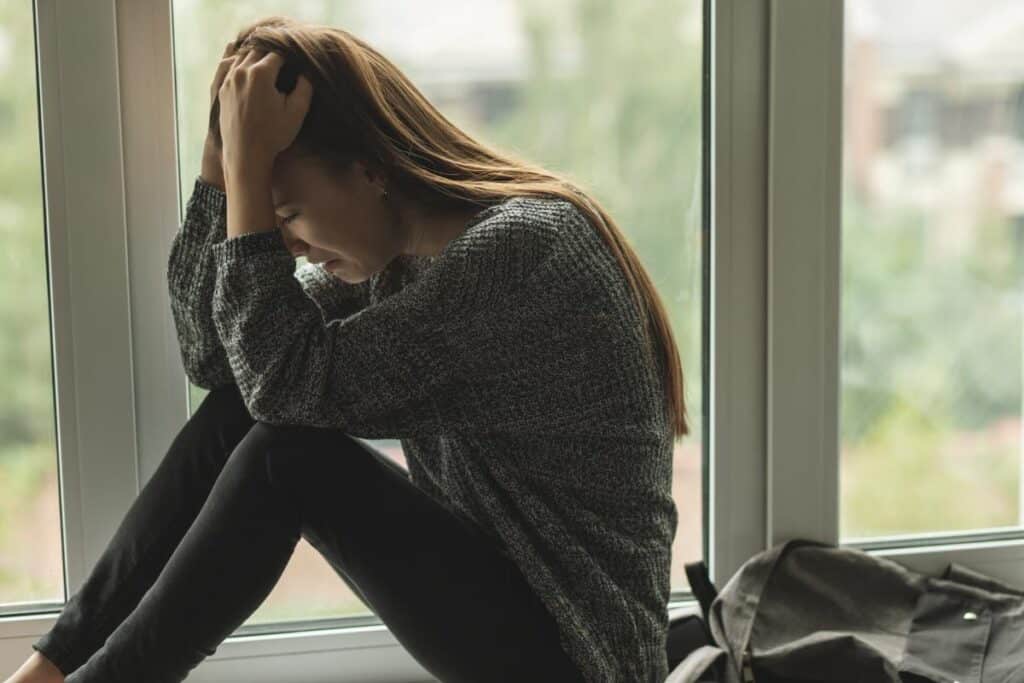People who use drugs or alcohol do so for a variety of reasons. One common source of motivation is peer pressure. You might think of peer pressure as something that only affects children and teenagers. But even in adulthood, the influences of your friends and social group tend to have a notable impact. Therapy programs offered in substance rehab can help you learn how to handle peer pressure. You can also take steps on your own to improve your ability to cope with this pressure.
What Is Peer Pressure?
Humans are social creatures. From early childhood, your standing among your peers has a powerful influence on you. That influence is commonly known as peer pressure. When discussing this topic, there are several factors to consider, including:
- Verbal and non-verbal peer pressure
- Direct peer pressure versus indirect pressure
- Positive peer pressure versus negative pressure
As its name implies, verbal peer pressure takes the form of spoken statements. In contrast, non-verbal pressure is typically relayed by body language and other social cues. You experience direct peer pressure when someone singles you out with a verbal statement or a non-verbal cue. Indirect pressure doesn’t target you in particular. Instead, it creates a kind of environment of influence.
When discussing peer pressure, it’s common to highlight its negative influence. This makes sense since negative peer pressure drives you to do something potentially harmful you wouldn’t otherwise do. However, peer pressure can also be positive. This happens when pressure from your peers serves to protect your health and well-being.
The Importance of Handling Peer Pressure to Drink or Use Drugs
Peer pressure is most known for its impact on teenagers and younger children. This fact helps explain why some preteens and teens start using drugs or alcohol. Pressure toward substance use doesn’t have to be verbal or direct to exert its influence. In fact, teenagers who merely see others drink or use drugs on social media are more likely to do so themselves.
Adulthood does not mark the end of negative peer pressure to use addictive substances. Young adults exposed to this influence have increased risks for the dangerous practice of binge drinking. They’re also more likely to drink in general, as well as use marijuana. In contrast, young adults exposed to positive pressure against substance use are less likely to do all of these things.
Tips to Handle Peer Pressure – Coping with Negative Social Influences
Successfully handling peer pressure is not always easy. However, by following certain recommendations, you can simplify this vital task. Common tips to handle peer pressure include:
- Setting boundaries on your actions before you enter a pressuring situation
- Taking time to consider the possible consequences of your actions
- Listing the reasons why you might or might not take part in a given activity
- Suggesting safer, alternative activities that your peers might also enjoy
You may need professional support during rehab to increase your resistance to peer pressure. You can get this support from several different forms of psychotherapy.
Find Tips for Handling Peer Pressure at Northpoint Colorado
Are you concerned about the influence of negative peer pressure on your drinking or drug use? If so, you’re not alone. Learning how to handle peer pressure can be essential to protecting your short- and long-term well-being.
For more information on how to cope with peer pressure, talk to the professionals at Northpoint Colorado. Every day, we use therapy to help our program participants improve their resistance to negative social influences. That’s just one of the many ways we support your recovery from drug or alcohol problems. Just call us today at 888.231.1281 for more details. You can also reach us online.

